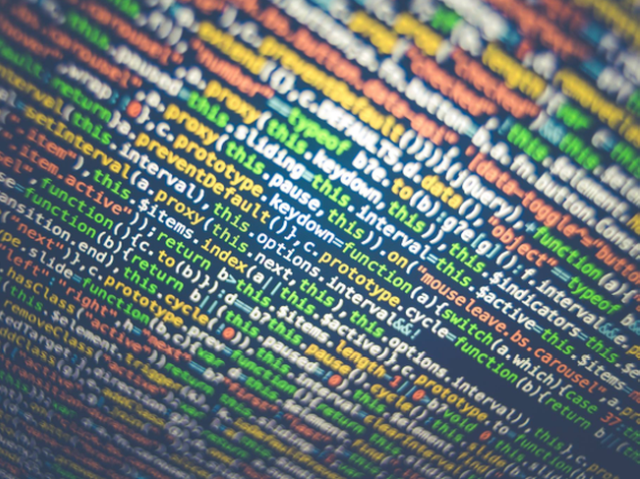Cyber and Information Warfare
Cyberspace has gained increasing importance to Euro-Atlantic security in recent years

Corina Cristea, 12.10.2018, 12:22
The main battlefield of cyber and information warfare in recent years, cyberspace has gained increasing importance to Euro-Atlantic security, given that NATO recognizes cyber defense as one of its core missions. This is actually one of the conclusions of the 2014 NATO Summit in Wales, while earlier this year Alliance members recognized cyberspace as a domain of operations, just like air, land or sea. To improve collective cyber defense, in 2017 NATO decided to set up a command center for cybernetic operations.
At the same time, each member state is strengthening its own cyber defense, by implementing strategies that include keeping vulnerabilities in check, counteracting attacks or working with foreign partners who share common goals. For instance, Washington has recently published the first cyber security strategy in the last 15 years. With details on that, here is our Washington correspondent, Doina Saiciuc:
Doina Saiciuc: “In its new cyber security strategy, alongside an aggressive use of its own cyber weapons the Trump Administration wants to work with international partners to agree on rapid and transparent measures able to deter the hostile cybernetic actions of Russia and China. The document claims Russia, Iran, China and North Korea have perpetrated irresponsible cyber-attacks that have affected the United States, its allies and partners, without paying a price that would deter further cyber aggression.
In another move, the US Department of Justice has announced that 7 agents of the Russian military intelligence services have been indicted in response to a global cyber warfare campaign that the Netherlands, Great Britain, Canada and Australia are blaming on Russia. Cyber-attacks can be launched from anywhere in the world, and the target itself can be anywhere in the world, making this whole process very hard to counteract. Catalin Arama, general director of the National Cyber Security Response Center, told Radio Romania:
Catalin Arama: “Its not just that, right now, cyberspace allows an attack to target several areas, irrespective of borders, but rather that virtual space is continuously growing, expanding its impact on our everyday life. We are surrounded by all sorts of equipment. The IT world is booming, and all that comes with a series of vulnerabilities. Hence the need to identify and counteract these vulnerabilities by means of shielding actions. After all, communication, trust and information exchange are key. To those in charge of cyber defense, the process is much more complex. They have to defend a whole array of potential targets against a highly focused line of attack.
IT technology is progressing very fast, with the Internet penetrating deeper and deeper our day-to-day activities and increasing vulnerability in the cyberspace. Vice-president of the Romanian Cyber Security Association, Ioan Cosmin Mihai, has details:
Ioan Cosmin Mihai: “Technology is advancing very fast, and this brings about opportunities as well as risks. Cyber attacks are cross border crimes. Simple cyber attacks may involve two, three or several states so the key word in fighting them is cooperation between relevant institutions. And to that effect, at legislative level we have the Budapest Convention of 2001, ratified by Romania in 2004. The vast majority of the states around the world have ratified that convention and the cooperation mechanism can thereby be implemented, but unfortunately not all the states have done this. There are still states that have not ratified the Convention, and when a cyber attack involves the systems in a state that has not ratified the Convention, such an attack is hard to investigate.
In terms of innovation and research for the development of complex malware programs, as well as in terms of staging targeted attacks, state-sponsored threat actors are stronger than cyber attackers with financial motivations. These are the findings of a Russian cyber security firm, Group-IB, which analysed the activities of around 40 groups of hackers. These groups are financed by such governments as those of North Korea, Pakistan, China, the US, Russia, Iran and Ukraine, according to Group-IB experts. The firm has also exposed the use of a new spy vector, namely attacks targeting public officials personal devices, including at home and on the move.
(translated by: Vlad Palcu, Eugen Nasta)






























